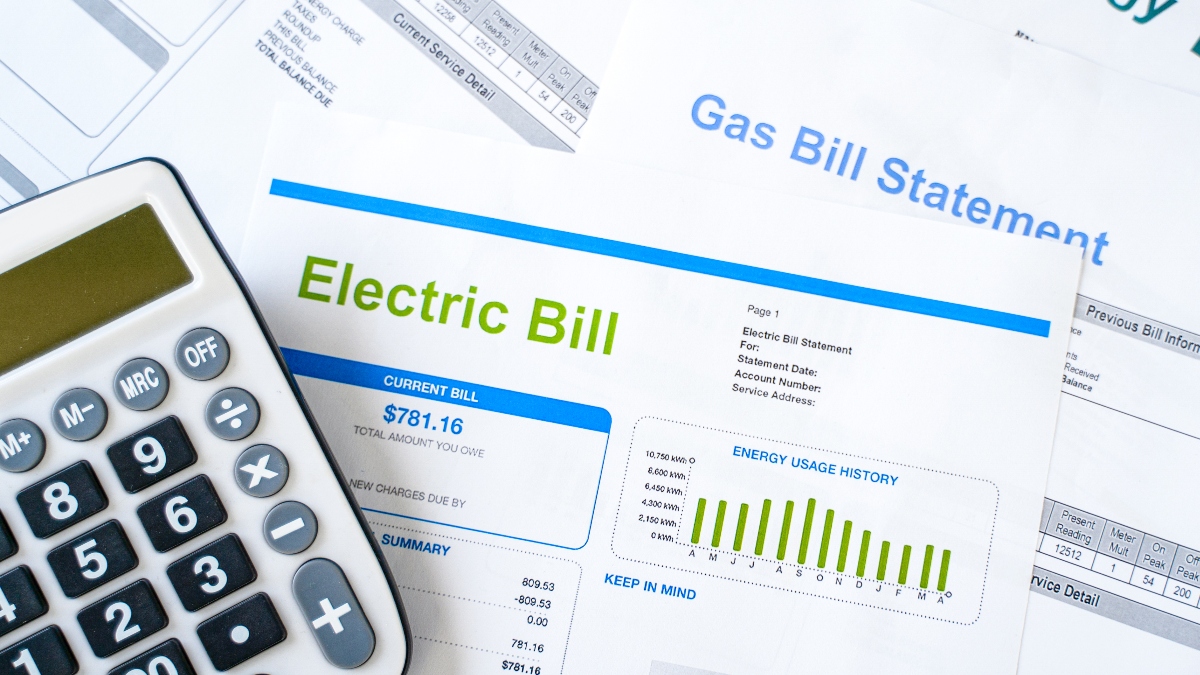With so many bills to pay each month, it can be tough to keep track of them all and ensure everything gets paid on time. To help minimize the stress of making sure a payment is sent by the due date, a lot of people opt to sign up for autopay. Though the feature is incredibly popular these days, there’s a lot more that goes into it than you might realize. Below you’ll find more information about the benefits of using autopay, when to skip it and how to take advantage of autopay discounts.
What is autopay and how does it work?
Autopay is another name for automatic payments, and it allows a person to have their payments for recurring bills scheduled in advance. By authorizing autopay, you give the company permission to withdraw the necessary payments from your bank or credit card on a regular basis. In other words, it saves a customer the hassle of having to write out or send in a paper check or log into an account and make a payment.
How it works: Once you sign up for autopay, you choose a payment schedule, which could be anywhere from monthly to quarterly, depending on your bill cycle. The company then withdraws the funds on that date via electronic transfer and you receive payment confirmation so you know it has been processed.
Benefits of using autopay for bills
Automatic payments can be a great option depending on your lifestyle and the types of bills for which you are using them.
“This hands-off approach to paying bills is a great way to manage your bills, save time and avoid late fees,” says Destiny Chatman, consumer expert at TopCashback.com. “Having your bills paid automatically and on time every month is the best way to boost your credit score and offer you a financial peace of mind.”
There’s another perk too: In many cases, companies will knock a bit of money off your bill when you sign up. This is because it saves them the time of having to remind you to pay your bill or chase down customers who are overdue on payments.
“My cellphone carrier gives a discount when you enroll, and some insurance companies do too!” says Melissa Cid, consumer savings expert at MySavings.com.
If you’re considering autopay, contact the customer service department of the company or service provider to see if they can offer any sort of discount for you.
Common pitfalls of autopay to watch for
Though autopay certainly offers convenience, it isn’t without its risks. In fact, some people may find they’re stuck paying more than their initial bill when they use it.
“Autopay can backfire if you aren’t paying attention to that month’s total bill and don’t have enough funds in your bank account to cover the payment,” explains Cid. “You could be hit with fees from both the company billing you and your bank.”
Another concern? Though you have the ability to schedule autopay for a specific day of the month, the actual payment usually takes days to process, adds Chatman. This means that if you don’t factor in the delay and make a large purchase during that time, you still may not have enough to cover the bill—and end up with hefty overdraft fees.
Finally, locking into autopay means you give up the flexibility to pay the bill at your leisure and can even be penalized for not following that schedule.
“If you forget that you have autopay on and pay a bill early, you can still be double-charged as an autopay agreement will still process no matter what,” warns Chatman.
Bills you should never put on autopay

The cons of autopay mean it makes more sense to utilize the feature with some bills than with others. Cid says it’s best for fixed bills like car insurance or mortgage that rarely change because you won’t have to worry about unexpected charges.
On the other hand, it can be risky to sign up for autopay for other bills. Here are some you may want to reconsider:
- Credit card bills
- Internet bills
- Utility bills
- Medical bills
- Bills for one-off services
If you would still prefer to use autopay for those accounts or services, you can take an extra step to ensure you aren’t caught off guard by what the company is charging you.
“For bills that vary from month to month, set a reminder to review the statement so you can avoid surprise charges and overdraft fees,” suggests Cid.
Can autopay discounts really save money?
Since it’s not uncommon for companies to offer discounts as an incentive to sign up for autopay, it can be tempting to take advantage. Some people may even do so temporarily just to enjoy those savings before cancelling.
But is it a good idea? Experts say it can cause more of a headache than it’s worth.
“Signing up for autopay, even for a short time, could lead to billing errors, unwanted charges or unexpected fees—and there’s no guarantee your billing service will go back to normal afterward,” cautions Chatman. Plus, some companies might revoke the discount if they notice you aren’t actually using the service.
If it’s a recurring discount, cancelling not long after joining means you may miss out on extra savings.
“A happy medium I’ve found with my cell company is to enroll in autopay to pay the minimum so I get the discount, but then prepay a larger portion of the bill with a travel rewards or cashback card to earn points,” shares Cid. “This only works if you’re organized and don’t forget to pay the full balance.”
It’s a great way to put more money back in your pocket!






